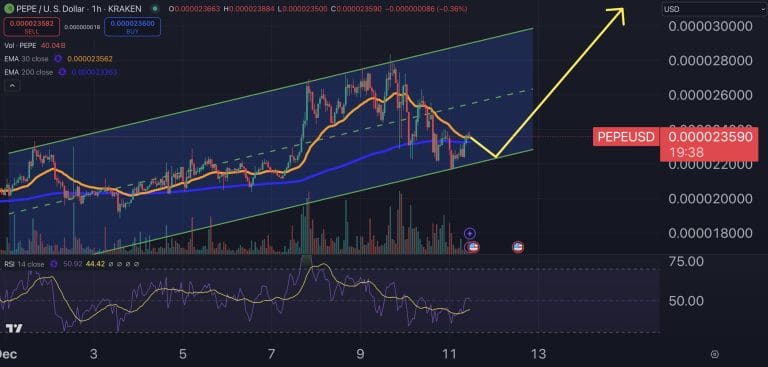Last updated:
 Why Trust Cryptonews
Why Trust Cryptonews

Taiwan’s financial regulator, the Financial Supervisory Commission (FSC), made an official decision on September 30, allowing foreign cryptocurrency exchange-traded funds (ETFs) to be accessed by professional investors.
This move opens a new avenue for institutional and high-net-worth individuals, recognized based on their financial expertise, to invest in foreign crypto assets while remaining in compliance with strict regulatory guidelines.
Taiwan FSC Limits Crypto ETFs to Professionals
According to the FSC’s latest policy, foreign crypto ETFs are restricted exclusively to professional investors, which includes institutional investors, high-net-worth individuals, and those with recognized financial expertise.
The FSC emphasized that local brokers and securities firms are required to conduct thorough assessments to ensure that their clients possess the necessary experience and knowledge before investing in these ETFs.
To enforce this policy, the FSC outlined that local brokers and securities firms must thoroughly assess their clients’ financial expertise before granting access to these crypto investment products.
The FSC also emphasized its ongoing commitment to monitoring the implementation of these policies to manage risks effectively.
Taiwan joins other financial hubs like Hong Kong and Singapore in recognizing the growing demand for digital asset investments, while maintaining a cautious stance due to risks such as market volatility, fraud, and money laundering.
Taiwan has long held strict regulations on digital assets, reflecting its concerns about market instability and financial crime.
In line with its regulatory approach, Taiwan has taken major steps to enforce Anti-Money Laundering (AML) measures, particularly targeting cryptocurrency exchanges.
In July, the government tightened AML regulations for virtual asset service providers, threatening fines of up to NT$5 million (approximately $153,817) or up to two years in prison for non-compliance.
Earlier this year, FSC Chairman Huang Tianzhu raised alarms over fraudulent activities related to cryptocurrencies, stating that digital assets “have no correlation to the real economy” and cautioning investors about the potential dangers of unregulated overseas investments.
This statement underscores Taiwan’s deliberate approach to opening its market to high-risk digital assets, ensuring that investor safety and regulatory compliance remain priorities.
Taiwan Hesitant to Launch CBDC Despite Crypto ETF Approval
While Taiwan is slowly opening up to foreign crypto ETFs, the country remains hesitant about rolling out a central bank digital currency (CBDC).
Yang Chin-long, the president of the Central Bank of the Republic of China, stated that Taiwan is adopting a gradual approach to launching a CBDC, reflecting the government’s cautious stance on digital currency development.
Taiwan has made strides in exploring a CBDC protocol for retail transactions and has experimented with a proof-of-concept for wholesale digital currencies.
However, as with crypto ETFs, Taiwan’s central bank is proceeding cautiously to ensure that any digital currency fits within the broader policy framework.




